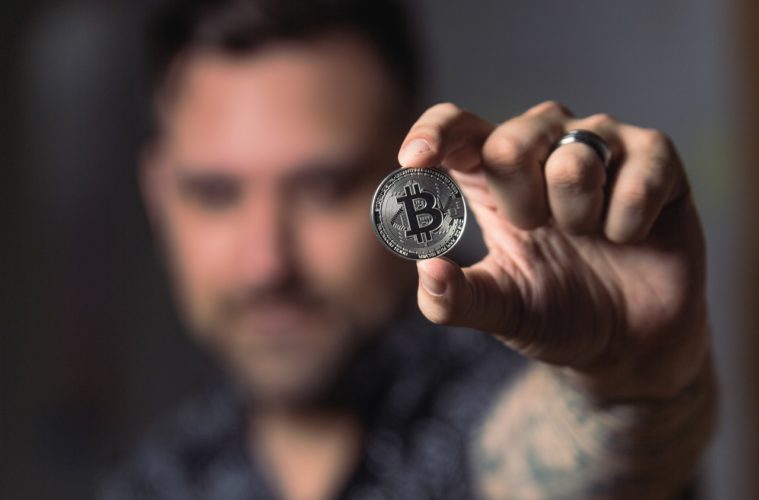Bitcoin and other cryptocurrencies may be volatile investments, but they can’t be ignored. Coinbase, one of the largest cryptocurrency exchanges, has served more than 20 million customers, and Blockchain.com, the leading digital currency wallet service, has more than 32 million users and handled more than $200 billion in transactions.
If you’re just getting started with cryptocurrencies, you may be unaware of the risks and security holes associated with this type of investment.
Unfortunately, news regarding dragons den bitcoin investment episode was spread all over the internet. People started believing that big entrepreneurs are investing in crypto trading. Later on, it was proved to be faked.
Just like a physical wallet holds your cash and credit cards, a digital or bitcoin wallet holds your digital currency. Protecting your wallet is of the utmost importance. Hacking is a serious concern for all digital currency holders. Here’s how to protect your bitcoin wallet.

Backup Your Wallet
Backup your bitcoin wallet often. If there’s a computer failure, your backups may be the only way you can recover your digital currency.
Be sure to include all wallet.dat files in your backups, and store them in multiple secure locations (hard drives, USB, etc.). Also, be sure to secure your backups with a strong password.
Cold Storage
Take your bitcoins offline with cold storage. Cold storage wallets aren’t connected to the Internet, so there’s less of a risk of hacking.
There’s just one problem with this option: accessing your bitcoins can be inconvenient. For this reason, many investors choose to keep most of their bitcoins in cold storage and keep a small amount in their digital wallet for trading needs.
Cryptocurrency exchanges often use cold storage to shield themselves from hackers. There are several cold storage options, but some of the most popular include sound wallets, paper wallet, hardware (or hard) wallets and storage devices.
Hard wallets are considered the most user-friendly and secure way to store your bitcoins. Think of these wallets as little banks that fit into your back pocket. Hardware wallets are small, air-gapped devices that will generate your private keys offline.
Encryption
Encryption adds an extra layer of security to a folder, file or message. Only those who know the right key can access the wallet and its contents.
Encryption is even more important when using mobile, desktop or hardware wallets.
Software Updates
Make sure that your software is always up to date. Outdated software may have vulnerabilities that hackers can use to access your wallet.
It’s simple and easy to update your software to ensure that it has the latest security fixes. By taking this one quick step, you can save yourself from a potentially big crisis.
Multi-Signature
Multi-signature protection is becoming popular with investors. Like a two-step authentication system, the multi-signature system requires approval from 3-5 people for a transaction to take place. This reduces the risk of theft, as a single server or controller cannot carry out the transaction.
Dedicated Hardware for Offline Transactions
Some bitcoin holders have two different computers for offline transaction signing. The first computer creates the unsigned transactions, and the second computer hosts the entire wallet along with the private keys needed to sign the transaction.
When making a payment, simply create a transaction on the first computer (connected to the web) and save it to a USB drive. Next, transfer it to the offline computer, sign in with the private key, and transfer back to the online computer to complete the payment.
Although this method requires multiple steps, it goes a long way in protecting your bitcoins and wallet.

